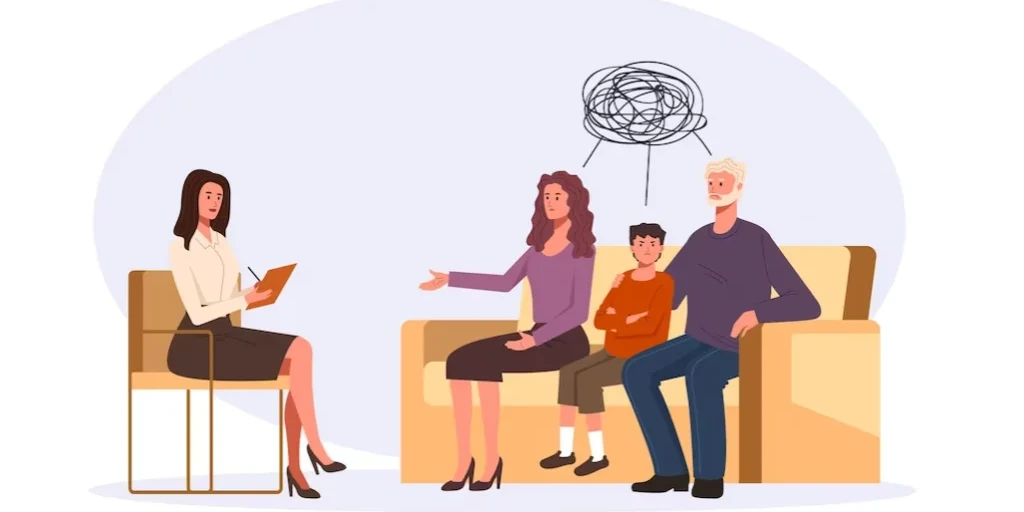24/7 Helpline:
(866) 899-221924/7 Helpline:
(866) 899-2219
Learn more about OCD Treatment centers in Menominee County

Other Insurance Options

Health Partners

Premera

Magellan

Regence

Molina Healthcare
Beacon

UnitedHealth Group

CareSource

Kaiser Permanente

UMR

Cigna

State Farm

Aetna

GEHA

Self-pay options

ComPsych

Horizon Healthcare Service

Choice Care Network

BlueShield

United Health Care










Menominee County Alcohol and Drug Abuse Treatment
Menominee County Alcohol and Drug Abuse Treatment is a public rehab located in Keshena, Wisconsin. M...











